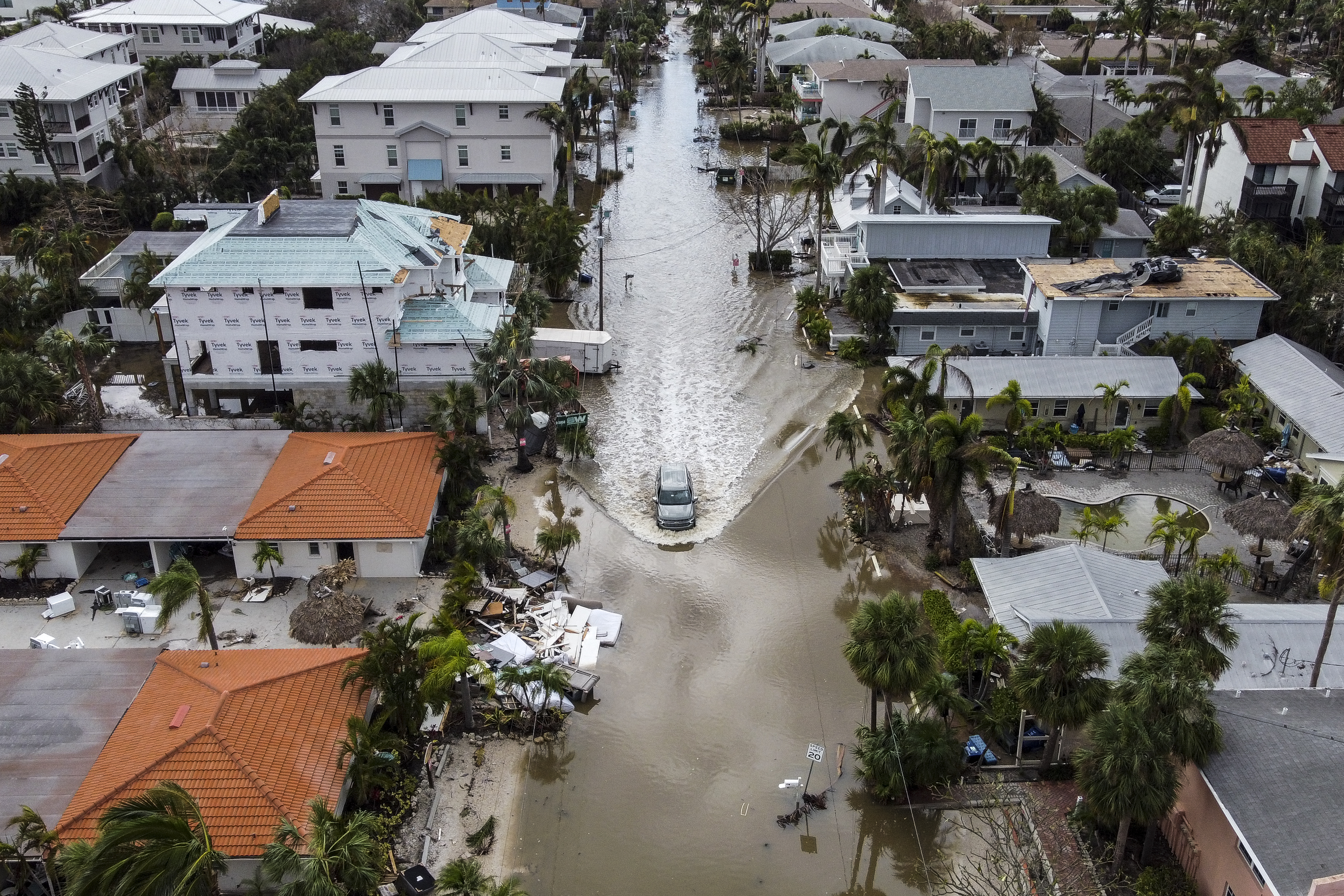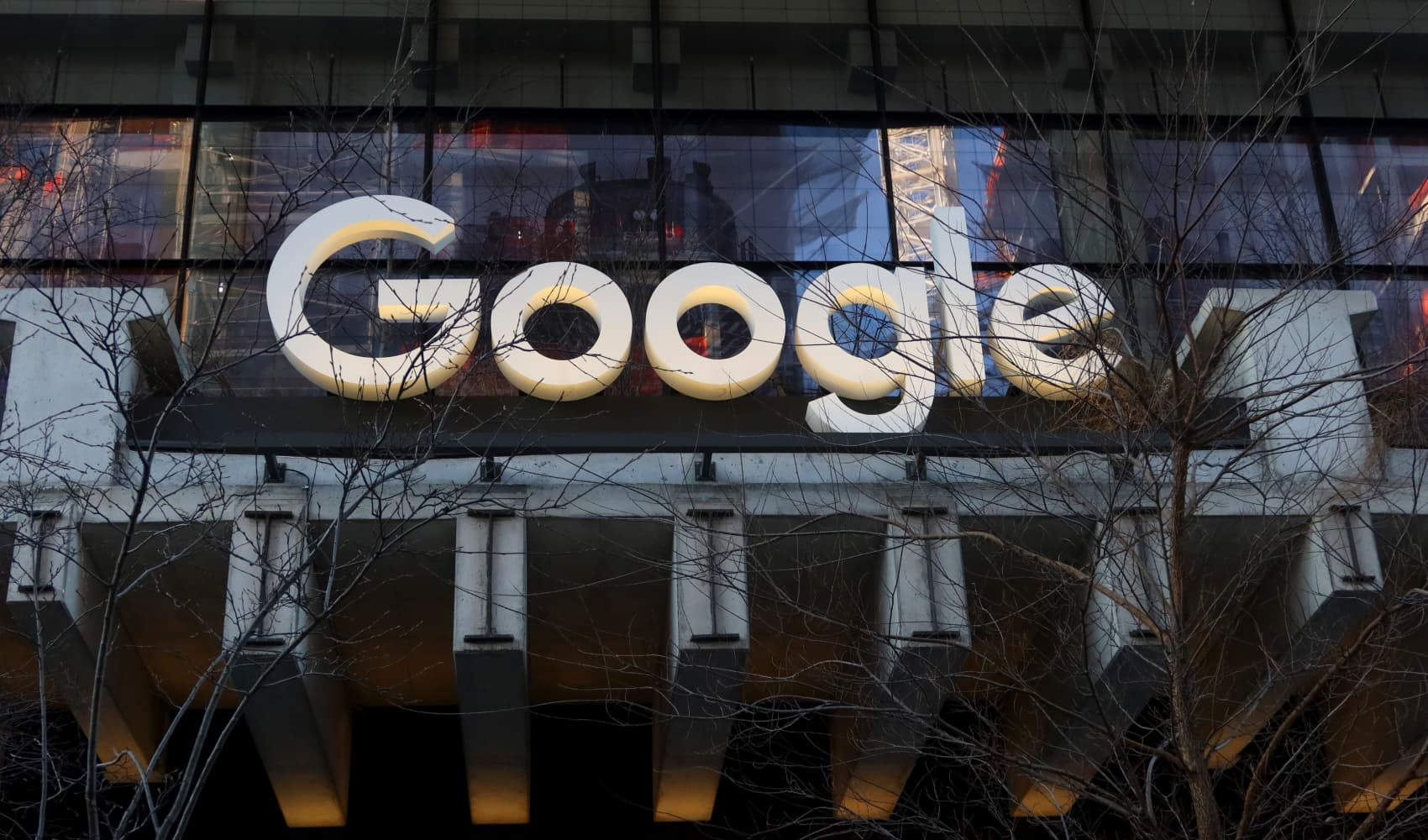NOAA Cuts Disaster Tracking: Climate Change Costs Hidden?
NOAA Stops Tracking Disaster Costs: Are We Flying Blind on Climate Change?
Introduction: Ignoring the Price Tag of a Warming World?
Imagine ignoring the gas gauge in your car. You might get by for a while, but eventually, you'll be stranded. Is that what's happening with climate change? It appears so. The National Oceanic and Atmospheric Administration (NOAA) is set to discontinue its tracking of the costs associated with climate change-fueled weather disasters beyond 2024. This includes events like floods, heat waves, and wildfires. What does this mean for our understanding of the real-world impact of a changing climate?
The NOAA's Role: More Than Just Weather Forecasts
NOAA, a vital part of the U.S. Department of Commerce, does far more than just give us our daily weather forecasts. It also provides severe storm warnings and, crucially, monitors climate trends. It's the parent agency of the National Weather Service, so you could say it's pretty important. So, why this change?
Understanding NOAA's Mission
NOAA’s mission is broad, encompassing everything from ocean exploration to atmospheric research. They’re the folks who keep an eye on the big picture, making sure we're informed and prepared for whatever Mother Nature throws our way. Their data is critical for policymakers, businesses, and individuals alike.
The Billion-Dollar Disasters Database: A History of Tracking Loss
For decades, NOAA's National Centers for Environmental Information has maintained a "Billion-Dollar Weather and Climate Disasters" database. Since 1980, this database has documented hundreds of major events across the country. These events range from devastating hurricanes to crippling droughts, not to mention destructive hail storms and unexpected freezes. The total damage? Trillions of dollars.
What the Database Tracks
The database meticulously tracks not just the immediate costs of these disasters, but also the long-term economic impacts. It includes factors like:
- Property damage
- Infrastructure repairs
- Lost agricultural production
- Business interruptions
- Health-related expenses
Why Stop Now? The End of Data Collection.
The agency has stated that it will archive this valuable information but will no longer actively update it beyond 2024. That leaves us all wondering why. Is the agency overwhelmed? Or is there another reason? It begs the question, how can we prepare for a future impacted by climate change if we are no longer tracking its financial impact?
The Implications: A Climate of Uncertainty
Without accurate, up-to-date data on the costs of climate-related disasters, we're essentially flying blind. This decision limits access to information for researchers, policymakers, and communities seeking to understand and prepare for the growing risks associated with climate change.
Impact on Research and Policy
Imagine a scientist trying to predict future disaster trends without historical data. Or a policymaker attempting to allocate resources for disaster preparedness without knowing the true costs of past events. It's like trying to build a house without a blueprint.
The Broader Context: Climate Change and the Trump Administration
This decision is happening within the context of broader changes within NOAA and the previous administration, including limitations on federal resources allocated to studying climate change. Some observers are calling this a way to downplay the costs of climate change by simply ceasing to document them. Is this the case? We can't say definitively, but it raises serious concerns.
The User’s Perspective: How Does This Affect You?
You might be wondering how this decision affects you directly. Whether you live in a coastal town prone to hurricanes, a drought-stricken region, or an area at risk of wildfires, this data is crucial. It helps inform local and state planning, insurance rates, and even your personal decisions about where to live and how to prepare for potential disasters.
Personal Preparedness
Access to this data helps individuals take steps to protect themselves, their families, and their communities from the effects of climate change. This includes things like:
- Investing in flood insurance
- Creating emergency preparedness kits
- Supporting local mitigation efforts
Alternatives and Solutions: Can the Database Be Saved?
There may be solutions to consider that would keep this valuable source of data flowing. Can another agency step in? Could funding be found through private or philanthropic sources? The questions need to be asked.
Private Sector Involvement
Perhaps private sector companies who need access to this kind of information can contribute funding to keep the effort afloat.
The Scientific Community's Response: Alarm and Concern
The scientific community has expressed significant alarm over this decision. Many scientists rely on this data to conduct research and develop climate models. The database’s archive is valuable, but it is not the same as having continuing up-to-date access.
Economic Implications: Ignoring the Inevitable
Ignoring the costs of climate change doesn't make them go away. In fact, it could make them even worse. Without accurate data, we're less likely to invest in mitigation efforts, leaving us more vulnerable to future disasters.
The Future of Climate Monitoring: A Call to Action
This decision raises serious questions about the future of climate monitoring in the United States. It's a call to action for scientists, policymakers, and citizens alike to demand transparency and accountability from our government agencies.
Public Awareness: The Key to Change
The more people who are aware of this decision, the more likely it is that we can find a solution. Share this article, talk to your elected officials, and let your voice be heard. This is about our future, and the future of our planet.
Conclusion: A Risky Roll of the Dice
NOAA's decision to stop tracking the costs of extreme weather disasters is a concerning development that could have far-reaching implications. By limiting access to crucial data, it hampers our ability to understand, prepare for, and mitigate the effects of climate change. It's like playing a game of roulette with the planet, and the stakes are far too high.
Frequently Asked Questions (FAQ)
Why is NOAA stopping the data collection?
NOAA has stated that they will archive the existing data, but haven't provided a specific reason for discontinuing updates to the Billion-Dollar Weather and Climate Disasters database after 2024. The decision, though, comes at a time when the agency and other federal entities have been limiting resources on climate change research and tracking.
What kind of information is included in the database?
The database tracks the costs associated with major weather and climate events, including hurricanes, floods, droughts, wildfires, and more. This includes property damage, infrastructure costs, agricultural losses, and other economic impacts.
How does this affect my local community?
Without updated data on the costs of climate-related disasters, it becomes harder for communities to plan for future events, secure funding for mitigation efforts, and make informed decisions about infrastructure and development.
Can other organizations track these costs?
While some private organizations and academic institutions track certain aspects of climate-related disasters, NOAA's database has been the most comprehensive and widely used source of this information. The discontinuation of this database leaves a significant gap in our understanding of the financial impacts of climate change.
What can I do to help?
Contact your elected officials and express your concern about this decision. Support organizations that are working to address climate change and promote climate resilience. Stay informed about the risks facing your community and take steps to prepare for potential disasters.

